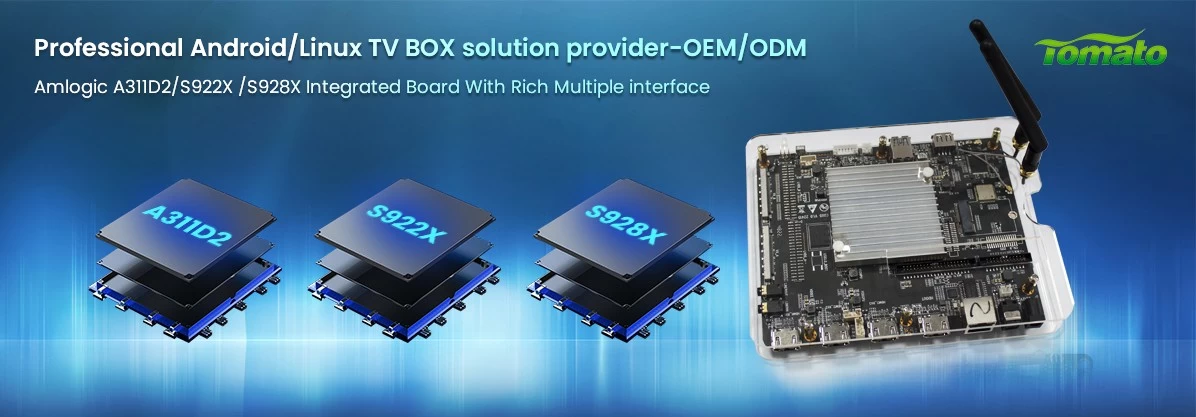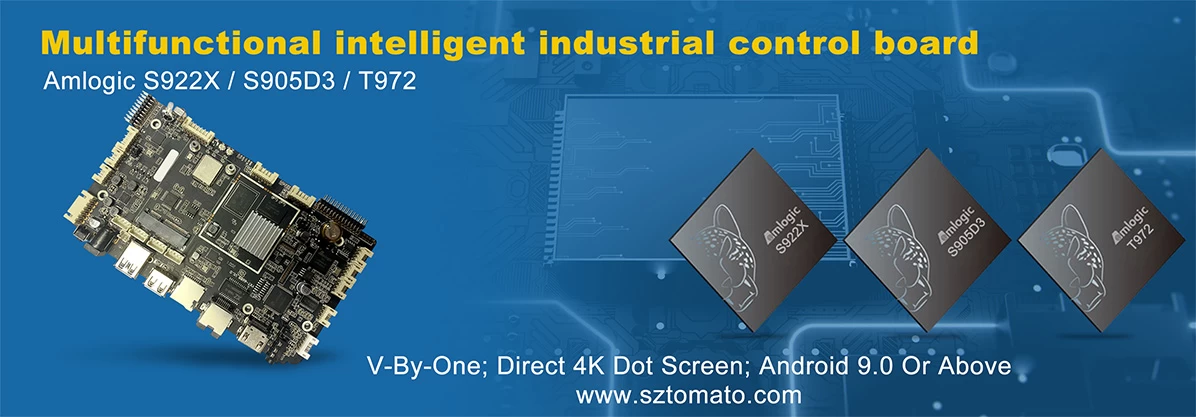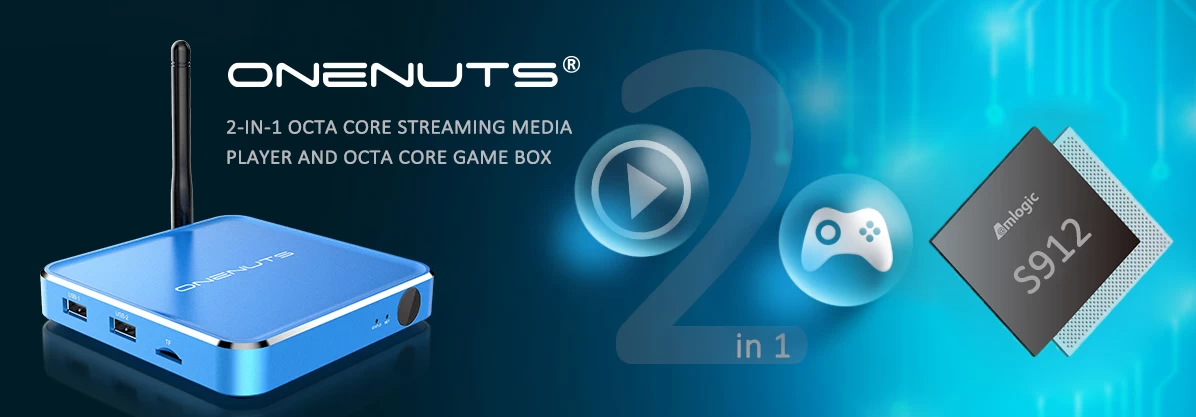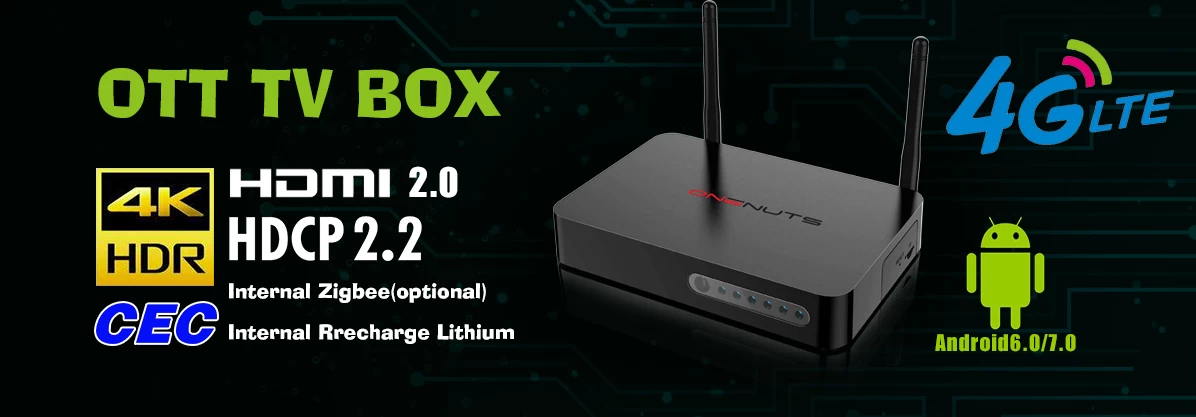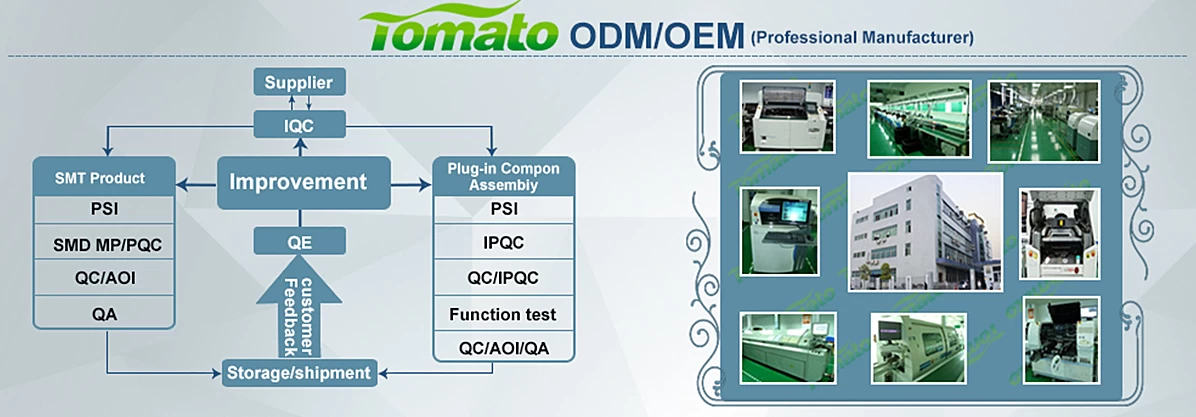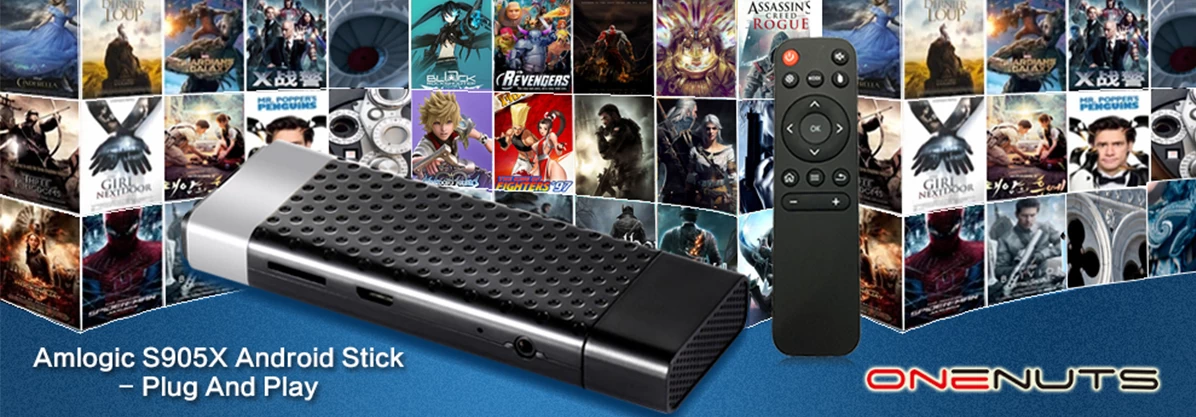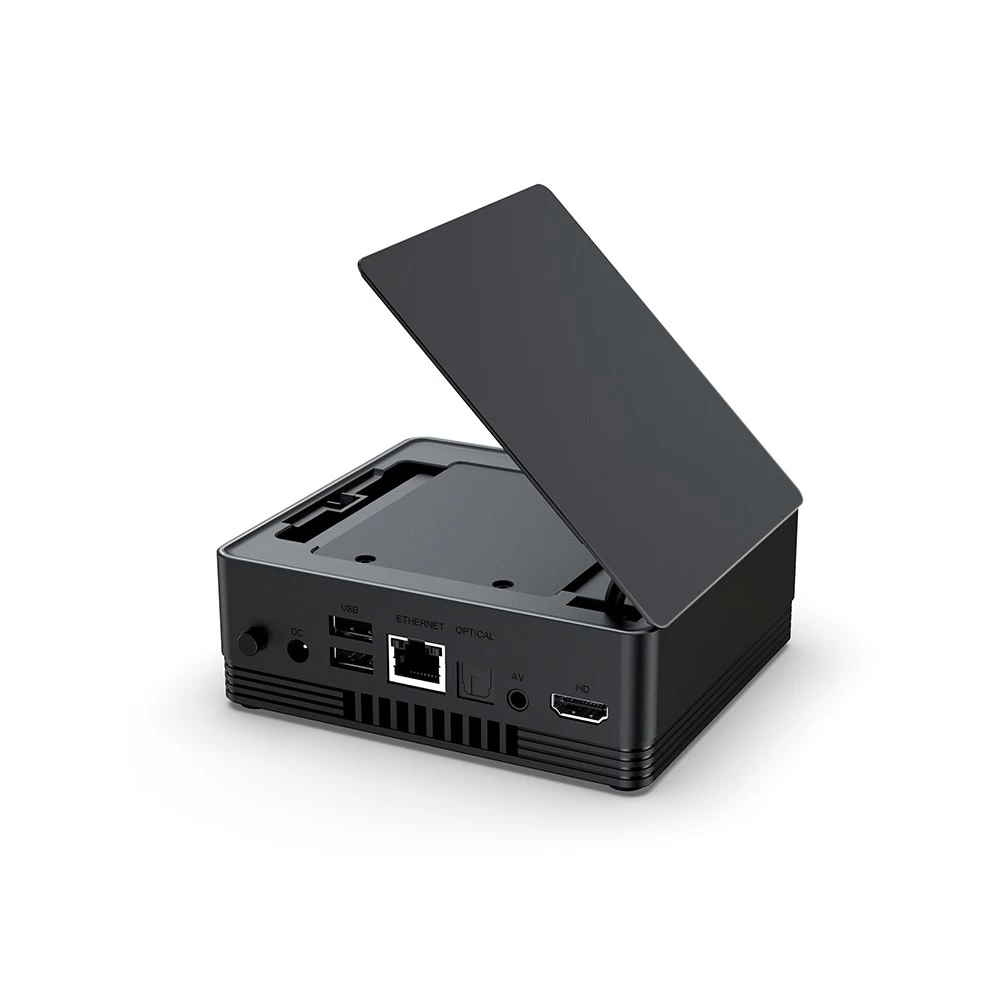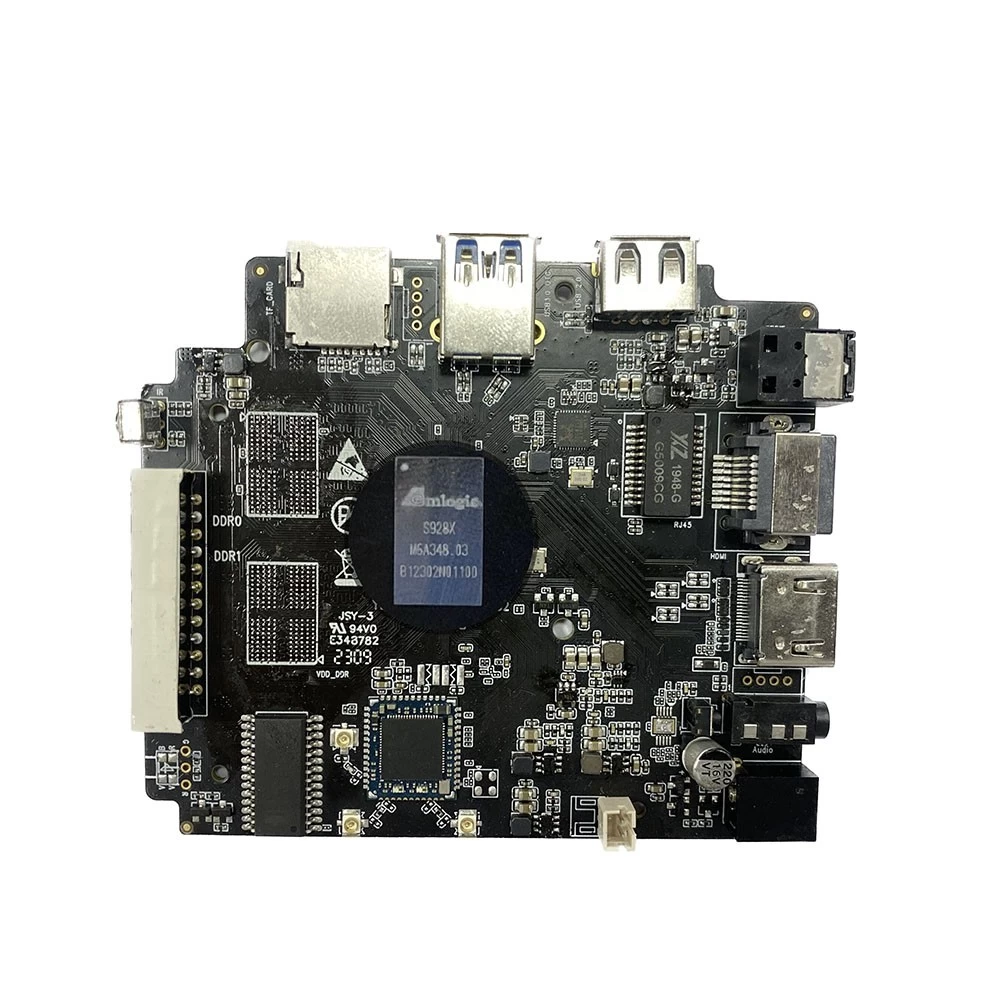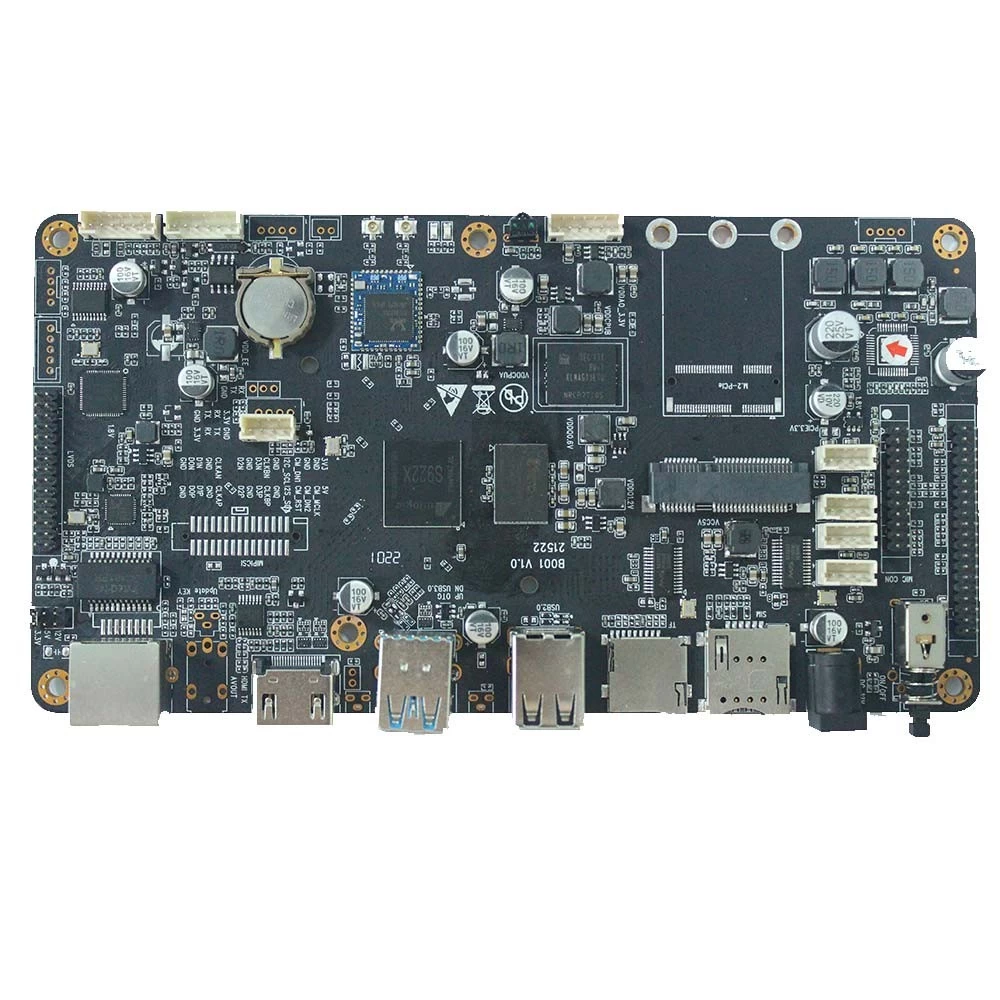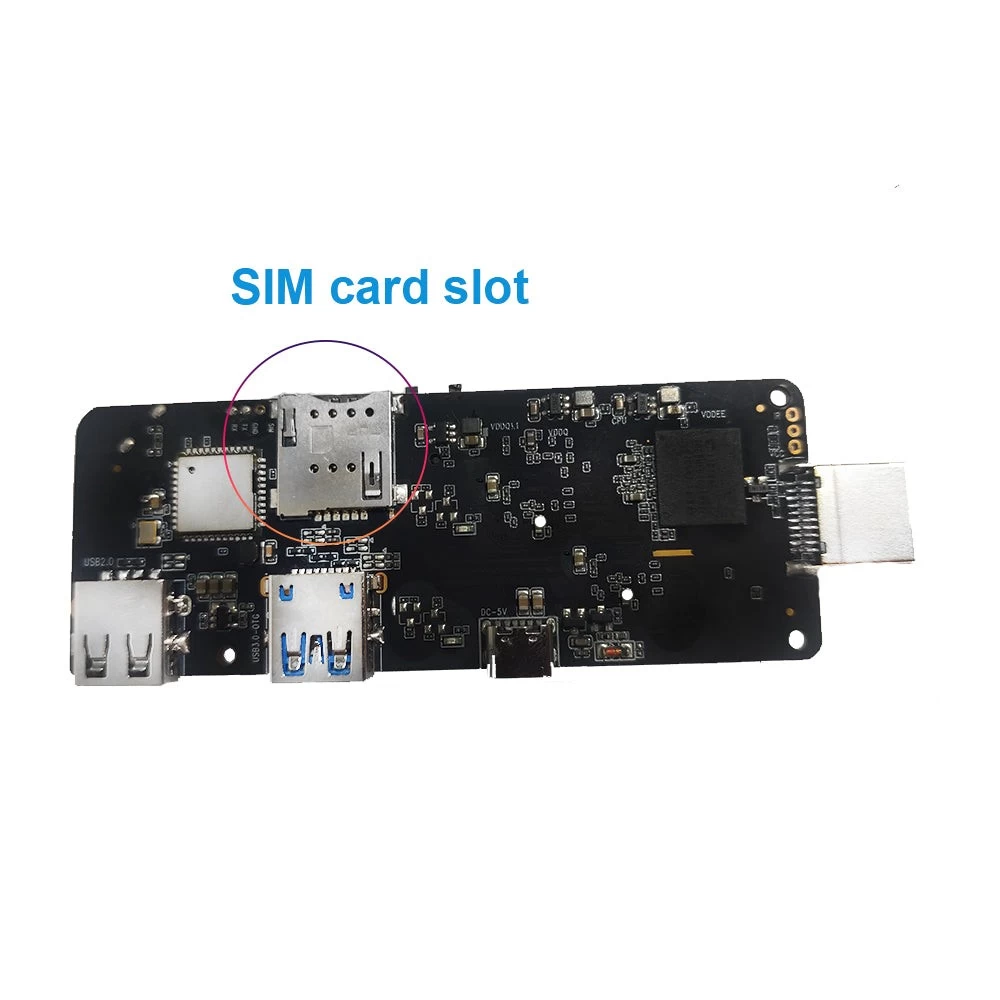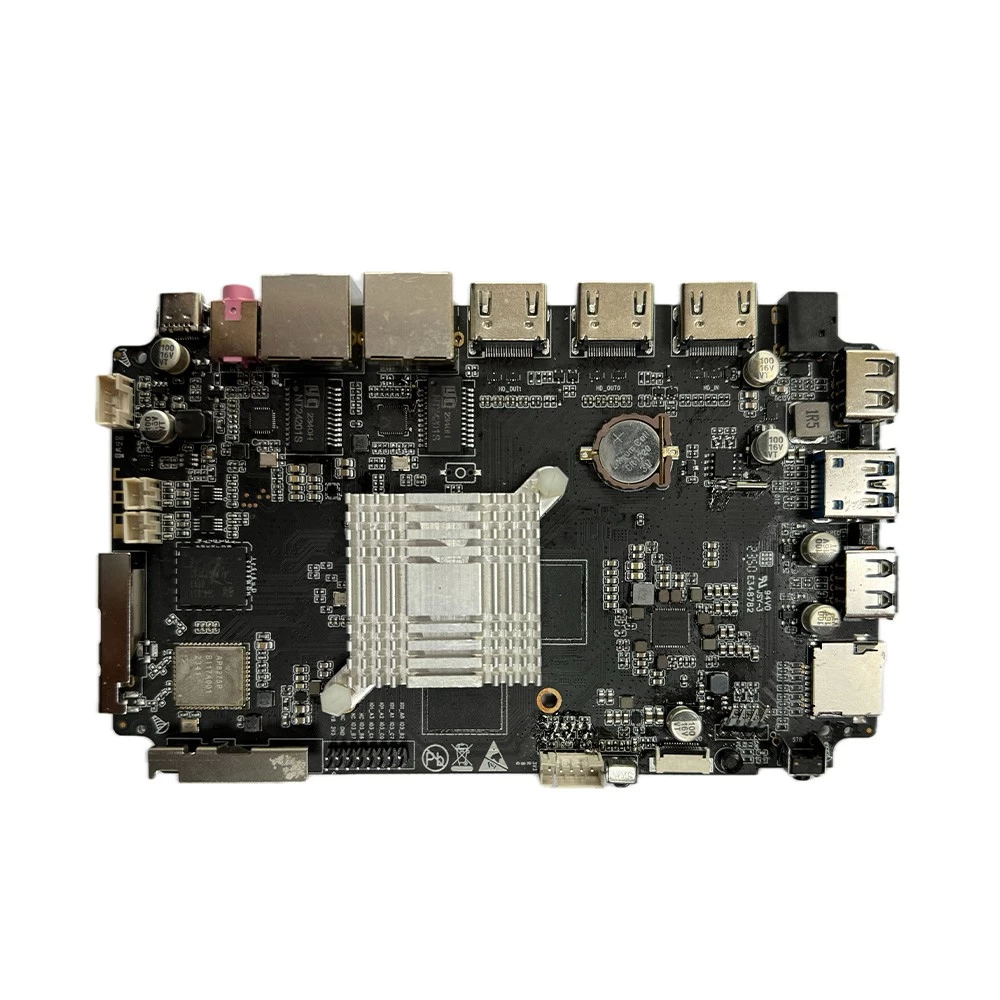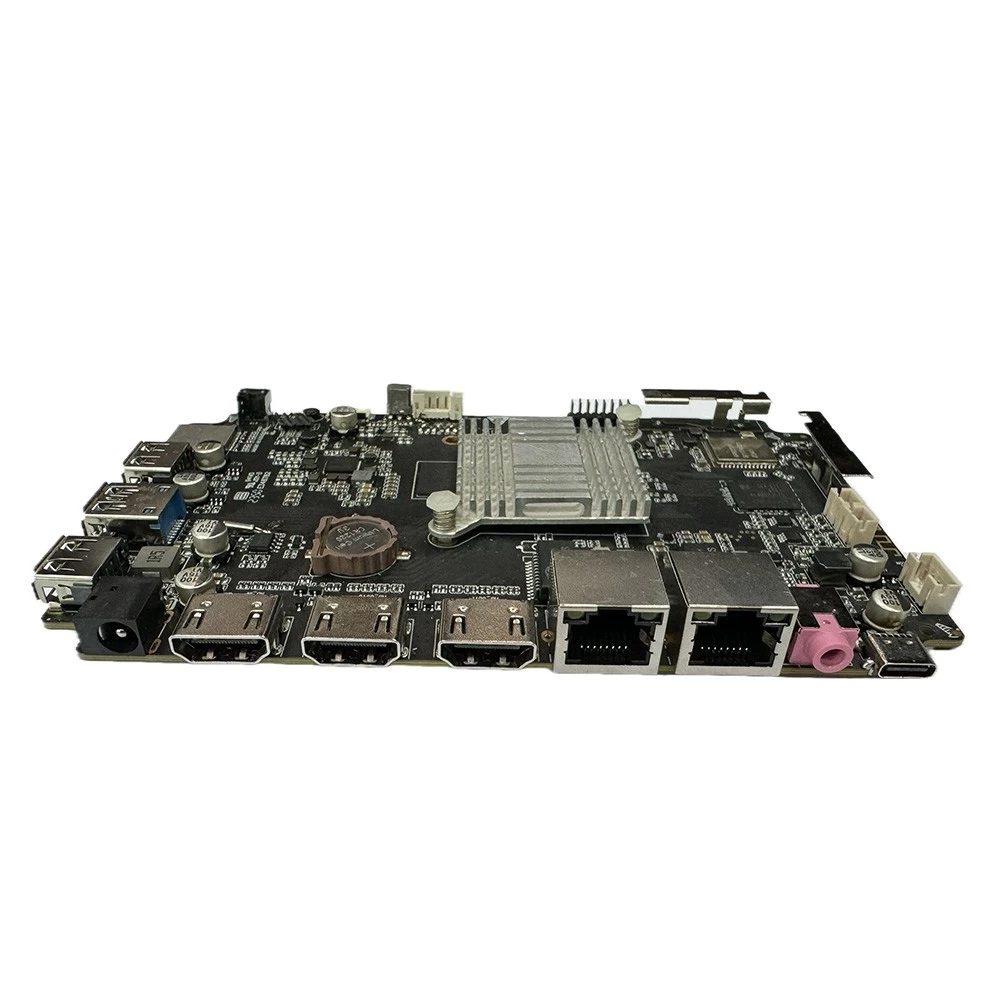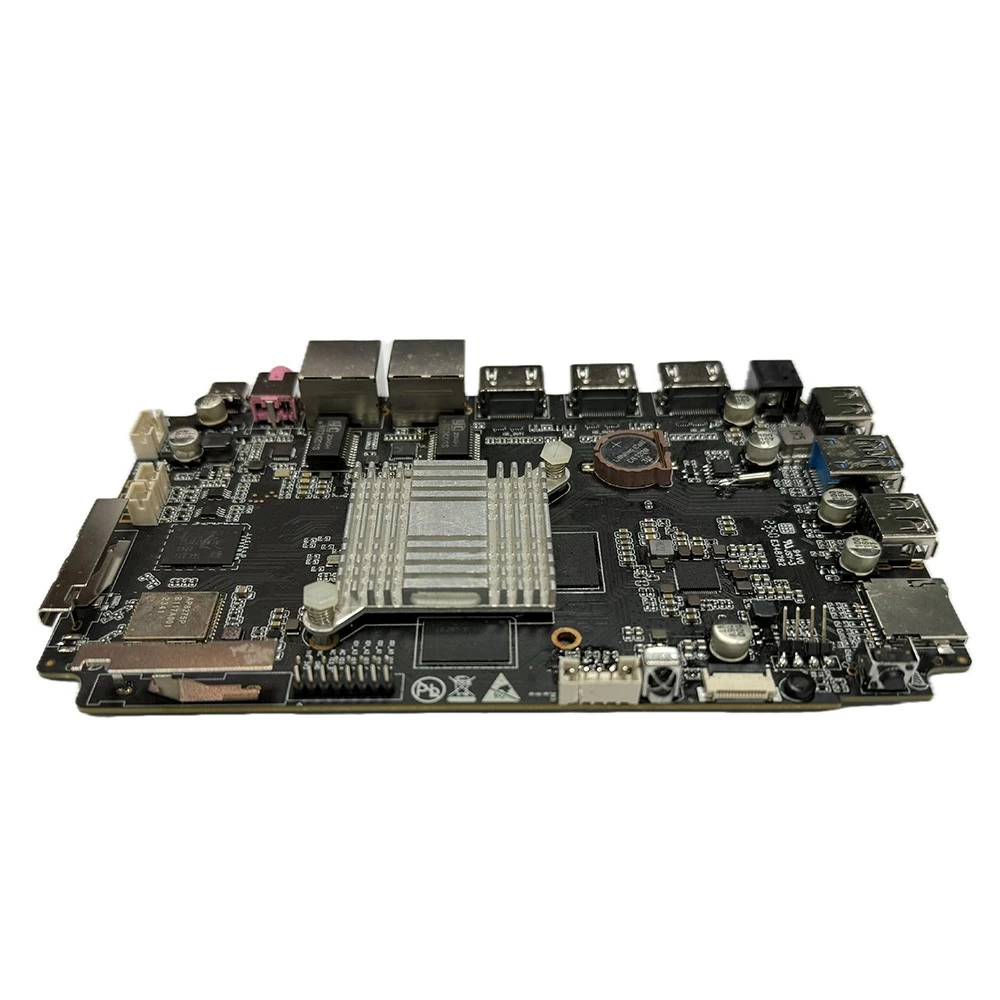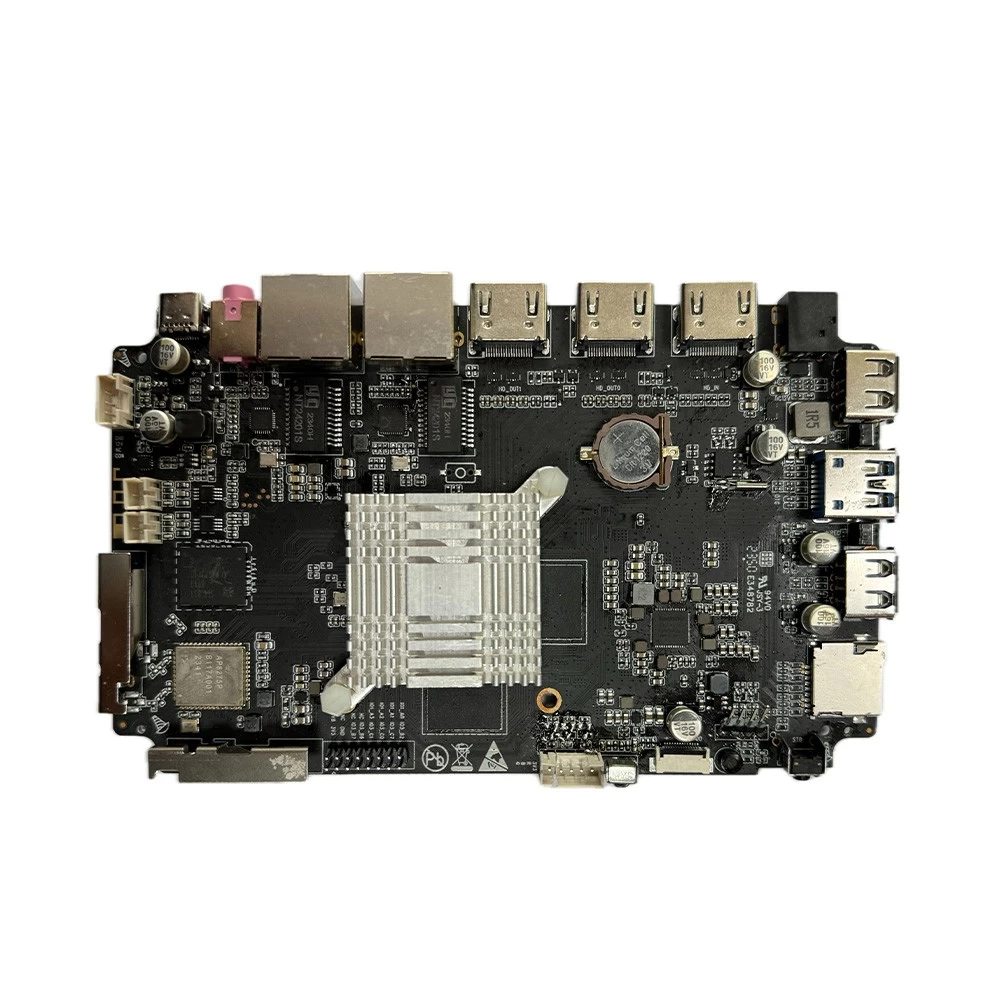Intel Mini PC - Barebone Or Ready-To-Go?
Intel Mini PC
If you're looking for an affordable computer for home or business use, an Intel Mini PC might be a good choice. There are many different types of Intel Mini PC systems, including barebone and ready-to-go models. These units are divided into two categories: consumer and commercial. Read on to learn more about the features of each type and how to select the best option for your needs. You'll also find tips for upgrading your Mini PC.
barebone system
If you're looking for an inexpensive computer for your home or office, consider purchasing an Intel Mini PC barebone system. Barebone computers often come with the CPU, RAM, and some of the other components needed to run a PC. Barebone systems rarely come with an operating system or mass storage media, and may need to be bought separately. You can install an operating system yourself, however, if you'd like. Barebone PCs are also sometimes sold as refurbished and used computers, so they may have missing parts.
Barebone systems are typically super-compact systems, with the motherboard and power supply soldered directly to the chassis. Users typically purchase a CPU and memory with the computer, and install the other components. The only remaining components are a hard disk or storage drive. The Intel Mini PC barebone system is a great choice for home or office users that don't need much power or extra storage space. It is easy to install software and hardware, and has a small footprint.
Ready-to-go system
When you buy a mini PC, whether it's a new one or a refurbished one, you might be wondering if it comes with an operating system preinstalled. These systems are ideal for first-time PC buyers and include the OS, RAM, hard drive, and case. However, if you aren't familiar with PC hardware, you may prefer to opt for a ready-to-go system. These systems are usually fully-equipped with an operating system, memory, and hard drive.
The NUC 9 Pro is an Intel mini PC with massive power and surprising upgradability. Workstation desktops are generally used for computationally demanding uses like animation and architecture, but a mini PC with this level of power and upgradability is a new kind of workstation. It is also remarkably compact, fitting into the space of a five-liter SFF desktop. So if you need an efficient, high-performance computer, you should consider a NUC 9 Pro.
The mini PCs come in two to three configurations. The configuration allows you to add memory or a hard drive, as well as swap processors and graphics cards. However, most of the smallest mini PCs do not allow hardware upgrades. You can, however, upgrade the storage and memory, as well as add a second GPU for greater computing power. And you don't have to spend hundreds of dollars to get the latest technology.
If you're a regular gamer and don't need a high-end gaming PC, a mini PC with an upgraded graphics card and RAM is a good option. Choose a model with a 2GB or 4GB graphics card and a minimum of 30-40 FPS. If you're a regular gamer, an i5 CPU should be enough. For RAM, go for a 16GB version, and don't forget to buy an SSD bigger than a 500GB one. The power supply should be at least 500W.
If you're looking for a ready-to-go system for an Intel Mini PC, you'll want to choose one that comes with a warranty. A standard one-year warranty should be good enough, but you may want to check the warranty. If the warranty covers technical support, then you're good to go. And if it doesn't, you can always opt for a two-year or three-year warranty.
Configuration options
The latest generation of mini PCs from Intel features authentic Intel chipsets and the latest technologies, and the NUC series of PCs offer various configuration options for both server and embedded applications. The small form factor is perfect for portability, and is available in a wide range of configuration options. It is a great choice for people who need to use a computer frequently, but still want to have the desktop-like layout.
The smallest mini PCs do not have hardware upgrade options, but you can still change the storage, graphics card, and processor. Although the smallest models do not allow for hardware upgrades, some allow you to increase memory and storage, and some even let you add an external GPU to increase its capability. For additional information, check the manufacturer's website to see the configuration options for the mini PC you're considering. The best option is a PC with a powerful processor and plenty of RAM.
Whether you're building a home media server or an industrial server, the NUC is the perfect choice for small businesses and industries. The compact form factor makes it perfect for home use, and it's also energy-efficient. The Energy Star certification assures efficiency in power consumption. The Intel NUC is also available in kits that are customized to meet your specific needs. When you configure your mini PC, you can select the operating system and memory that you need.
Upgrades
Intel recently updated its line of Next Unit of Computing (NUC) mini PCs with 11th Gen processors and a new gaming-focused model. The NUC 11 Enthusiast follows the NUC 8 Hades Canyon, which packed triple-A gaming performance and I/O to rival full-sized desktops. The NUC 11 compute unit will be a part of a future-proof desktop.
While many business-class mini PCs are small and energy-efficient, a perceived lack of upgradeability is largely unfair. Modern mini PCs come with unexpected flexibility, and most offer an upgrade path to add more RAM. While mini PC upgrades are not as plentiful as those available for desktop PCs, it is important to consider your business's specific requirements when deciding which model to buy. As a general guideline, the latest mini PCs come with up to 32GB of high-performance DDR4 memory, which is enough for most workstation applications. Some mini PCs are even modular, allowing you to add features as you see fit.

